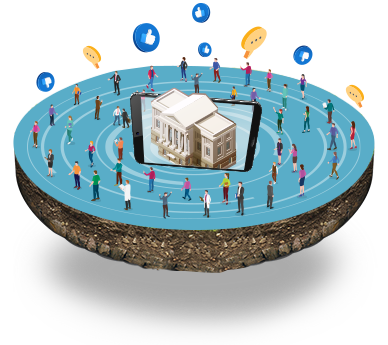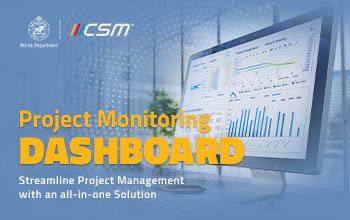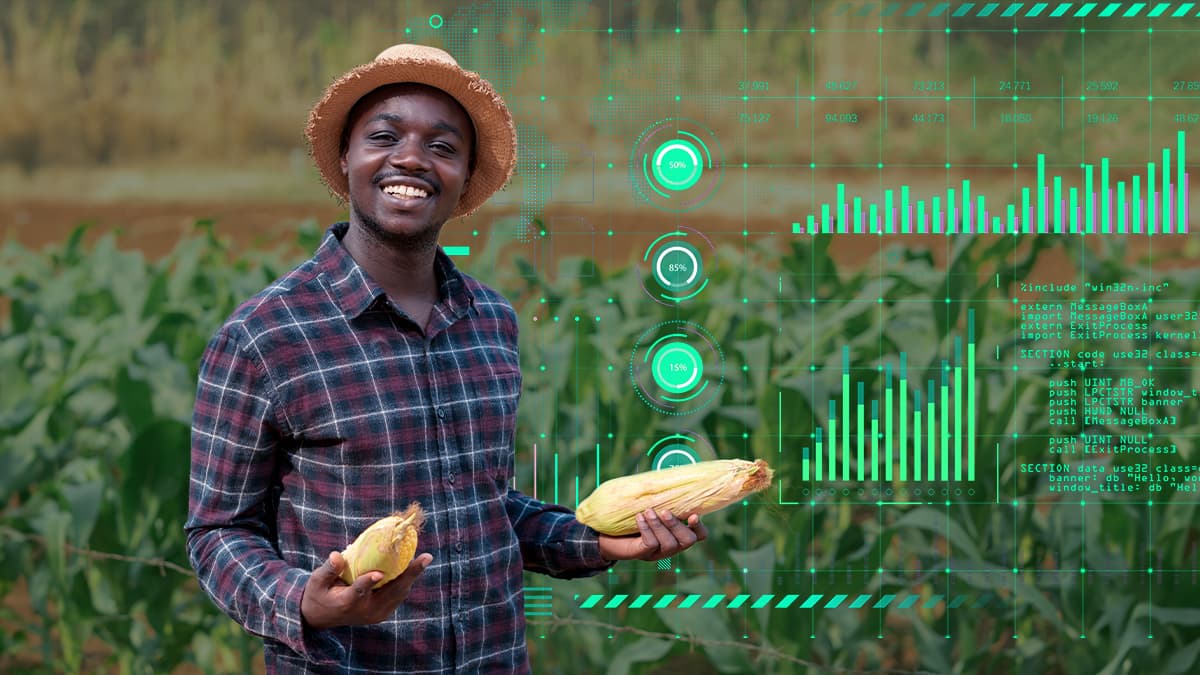Digital transformation in African agriculture has reached a significant milestone, with 666 digital solutions operating across the continent by 2022—the highest number among all low- and medium-income regions. These solutions leverage smartphones, sensors, and satellites, connected through the internet and combined with big data analytics, enabling providers to collect and analyze vast amounts of farm data. This data encompasses information related to the farmer, farming sites, operations, and commercial transactions, raising concerns about potential misuse by service providers or third parties without farmers' knowledge or consent.

Current Regulations in Africa
The complexity of farm data protection lies at the intersection of various regulatory frameworks, including personal data protection laws, contract and competition laws, and intellectual property rights. The African Union Convention on Cyber Security and Personal Data Protection, adopted in 2014, serves as a guiding framework, though only 15 countries had ratified it by July 2024. Our analysis of personal data protection legislation adopted in 34 African countries reveals significant variations in implementation and enforcement.
Take Kenya and Ghana, two of Africa's biggest users of digital agricultural services. Ghana, one of the first African countries to adopt personal data protection legislation in 2012, has ratified the AU Convention. Kenya, which adopted its data protection law in 2019, has not. While both countries' laws include the convention's guiding principles, differences emerge in crucial areas like automated decision-making. Kenya allows certain exceptions to automated processing restrictions, while Ghana's less stringent approach only requires user notification.
CSM & IBM's Solutions for Enhanced Protection
To address these regulatory challenges, CSM’s expertise in IBM Cloud Pak for Security offers comprehensive data protection tailored to African agricultural needs. The platform specifically addresses automated decision-making concerns, particularly relevant as digital services increasingly use mobile phone data to assess farmers' credit-worthiness, implement blockchain-based smart contracts, and trigger automated insurance pay-outs based on weather data.
IBM Guardium Data Protection tackles the critical issue of international data transfer. This is particularly relevant given that many digital agricultural service providers operate across borders, with data collected in one country often processed or used by third parties in another. The solution ensures compliance with varying national requirements, such as Kenya's provisions for company-level safeguards and Ghana's focus on originating country requirements.
The IBM Blockchain Platform introduces transparency in data sharing agreements, particularly important given our research finding that among leading countries for digital agricultural solutions, Ghana has the highest share of providers (17 of 30) that don't make data privacy policies readily available on their websites. In Kenya, just over half of the services lack website privacy policies.

Implementation Framework
Implementation must consider that where policies exist, most don't protect all users' rights over their personal data as required by national laws. The right of users to object to data processing is most often missing. CSM and IBM's solutions address this through automated compliance monitoring and user rights management.
The platform helps enforce the AU Convention's stipulation that no one should be subject to legally binding decisions based solely on automated processing of data to evaluate personal aspects. This is particularly relevant given that the large majority of African countries either have less stringent provisions about this than the AU Convention or no requirements at all.
Looking ahead, several priorities emerge. First, many African laws need revision to align with the AU Convention's protection levels. Ghana's example highlights the need to update laws in line with rapidly evolving digital technologies, particularly regarding automated decision-making. National enforcement institutions need strengthening, requiring independent bodies with resources to monitor compliance and statutory powers to follow up on infringements.
IBM's technology and CSM’s expertise can support these improvements by providing automated compliance monitoring, secure data sharing frameworks, and transparent audit trails. The technology can help regulate the use of farm data not covered by data privacy laws, particularly data generated by machines or sensors.
Talk to us about data protection challenges at: www.csm.tech/contact-us/


























































We will verify and publish your comment soon.